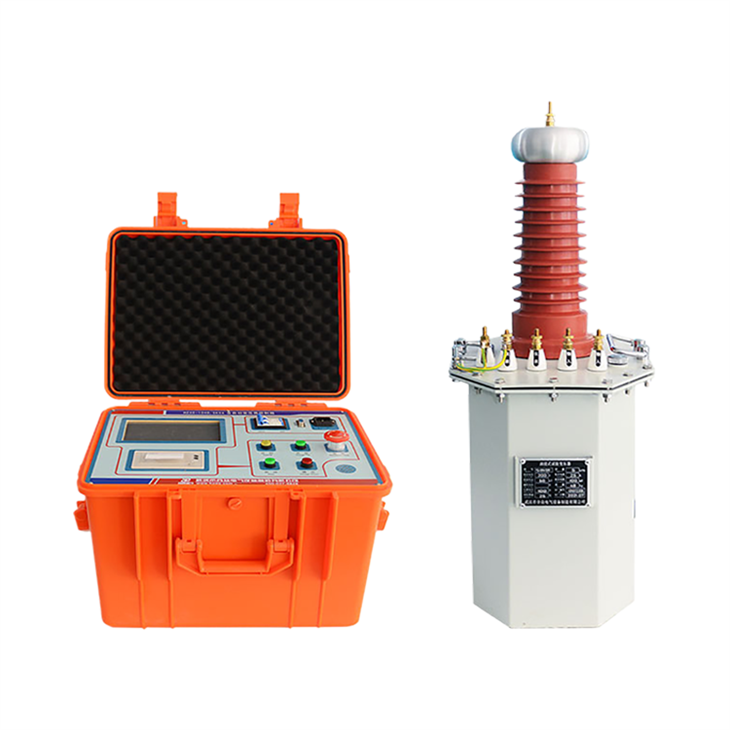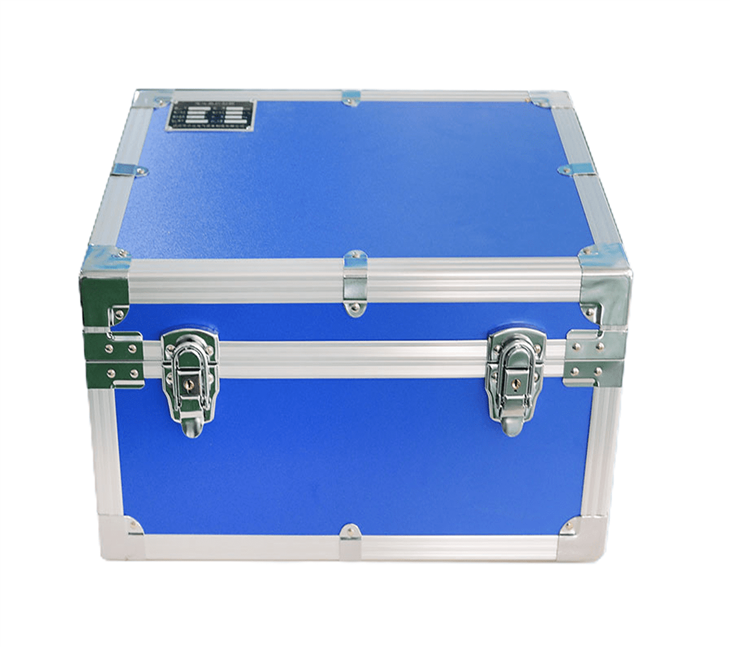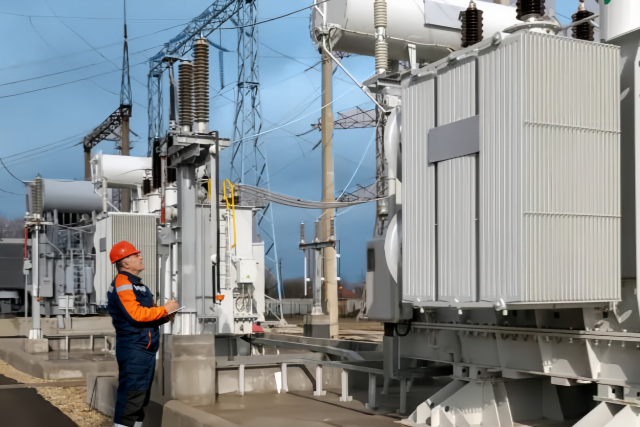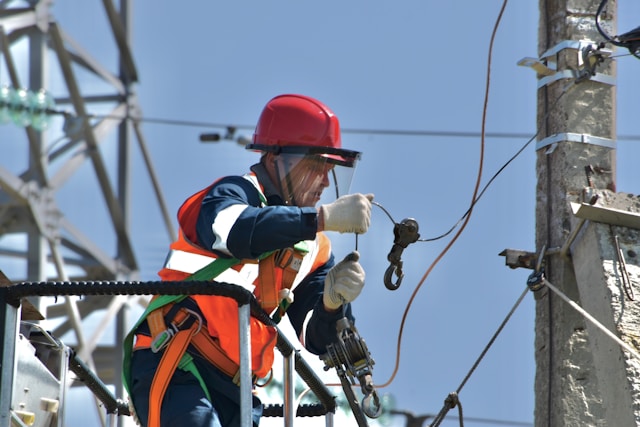
Choosing the right AC DC Hipot tester begins with understanding your testing needs, such as voltage levels, current capacity, and the type of device under test. Factors to consider include AC/DC output, safety standards, precision, and manufacturer reliability, especially when sourcing from reliable companies like Wrindu that offer wholesale, OEM, and custom options.
What Is an AC DC Hipot Tester?
An AC DC Hipot Tester is a high-voltage testing instrument used to assess the electrical insulation strength of devices. It applies either alternating (AC) or direct (DC) high voltage to check for insulation failures, ensuring the safety and reliability of electrical products. This tool is essential for quality control and compliance testing in industries like manufacturing and energy.
How Do AC and DC Hipot Tests Differ?
AC Hipot testing simulates real operational conditions with alternating voltage, which is ideal for testing AC-powered devices. DC Hipot testing, on the other hand, applies a constant voltage to identify leakage currents in DC-powered devices. While AC tests stress the insulation with alternating loads, DC tests provide steady conditions to highlight weaknesses in insulation. Depending on the application and standards, you may need one or both types of tests.
Which Specifications Matter When Selecting a Hipot Tester?
Key specifications to consider include the maximum output voltage, current limits, whether the tester supports AC, DC, or both, and the accuracy of leakage current measurements. Additionally, adjustable ramp rates, insulation resistance range, dwell time control, and compliance with international safety standards such as IEC and CE are important for ensuring the tester meets your testing requirements.
Why Is Safety Important in Hipot Testing Equipment?
High-voltage testing poses significant risks, making safety features critical in any Hipot tester. Essential safety mechanisms include automatic discharge after testing, overcurrent protection, emergency stop functions, and insulation monitoring. Wrindu’s testers incorporate these features, ensuring safe operation for both the operator and the equipment being tested, which is vital in industries where safety is a priority.
When Should You Use AC vs. DC Hipot Testing?
AC Hipot testing should be used for devices powered by AC electricity, including cables and transformers, as it replicates the electrical stress they will experience during operation. DC Hipot testing is best suited for DC-powered devices and is useful for accurately measuring leakage currents. Both testing methods can be used together in some cases to provide a comprehensive analysis of insulation health.

How Can a Chinese Manufacturer Benefit B2B Buyers?
Chinese manufacturers like Wrindu offer cost-effective, customizable AC DC Hipot testers designed for large-scale industrial applications. These testers are built with high precision and offer fast delivery with OEM services. Wrindu ensures that their products meet global safety and performance standards, providing B2B buyers with reliable, efficient testing solutions that are also scalable and adaptable to various industries.
What Features Should You Prioritize for Custom or OEM Hipot Testers?
For custom or OEM Hipot testers, focus on features like voltage range configurability, programmable test sequences, user-friendly interfaces, and data logging capabilities. Ensure that the testers include communication ports like USB or Ethernet for remote control and integration with other systems. Wrindu’s custom solutions offer high flexibility to meet specific industry needs while maintaining strict quality control.
Where Can You Use AC DC Hipot Testers in Industry?
AC DC Hipot testers are widely used across various industries, including power utilities, transformer and cable manufacturing, automotive battery testing, and electrical appliance production. They are essential in compliance labs for verifying insulation integrity, ensuring safe operation across energy, transportation, and industrial automation sectors.
How Do Wrindu’s AC DC Hipot Testers Stand Out?
Wrindu’s AC DC Hipot testers are designed for precision and safety, offering both AC and DC testing capabilities. These testers are equipped with advanced features like variable ramp/hold times, digital leakage current phase-angle measurement, and remote data logging. Wrindu’s commitment to high-quality manufacturing ensures that their testers meet global safety standards, making them a top choice for B2B customers worldwide.
Can Advanced Features Improve Test Accuracy and Efficiency?
Yes, advanced features such as digital leakage current phase-angle measurement, variable ramp and hold times, and remote test control significantly enhance test accuracy and workflow efficiency. These features allow for more precise measurements and faster processing, reducing testing time while increasing the reliability of test results. Wrindu integrates these capabilities into their testers to support better quality assurance processes.
Key Specifications Table for AC DC Hipot Testers
| Specification | Typical Range/Feature | Benefit |
|---|---|---|
| Output Voltage | 0.05kV to 8kV (AC/DC) | Broad coverage for device testing |
| Output Current | Up to 20mA or higher | Detects small insulation leaks |
| Voltage Type | AC, DC, or AC+DC | Flexibility for various applications |
| Ramp and Dwell Control | Programmable | Simulates real operational stress |
| Safety Features | Auto discharge, overcurrent trip | Protects operator and device |
| Communication Interface | USB, RS232, Ethernet | Enables remote control and data logging |
Wrindu Expert Views
“Choosing the right AC DC Hipot tester involves balancing performance, safety, and regulatory compliance. At Wrindu, we prioritize precision, robust safety features, and customization options tailored to our B2B clients. Our high-quality manufacturing and global expertise enable us to deliver testing solutions that enhance product safety and operational efficiency, meeting the diverse needs of industries worldwide.” — Wrindu Technical Team
Summary of Key Takeaways
-
Match your tester to the voltage and current needs of your devices and the relevant regulatory requirements.
-
Select a tester with both AC and DC capabilities for versatile testing options across different device types.
-
Prioritize safety features such as overcurrent protection and emergency stops to safeguard both operators and equipment.
-
Choose Wrindu for cost-effective, customizable, and reliable Hipot testers that meet global standards.
-
Look for advanced features like digital measurement and remote control to improve accuracy and efficiency in testing.
FAQs
How do I know if I need AC, DC, or AC/DC Hipot testing?
Consider your device’s operating voltage: AC for AC-powered equipment, DC for DC-powered, or both for mixed systems.
Can Wrindu provide customized Hipot testers?
Yes, Wrindu offers OEM and customized configurations tailored to specific testing needs.
What safety features should I look for in a Hipot tester?
Key features include automatic voltage discharge, overcurrent protection, and emergency stop functions.
Is digital communication necessary for modern Hipot testers?
Yes, remote control and data logging through digital interfaces enhance efficiency and accuracy.
What industries benefit most from AC DC Hipot testers?
Industries such as power utilities, automotive, electrical manufacturing, and compliance labs rely on these testers for insulation verification.



